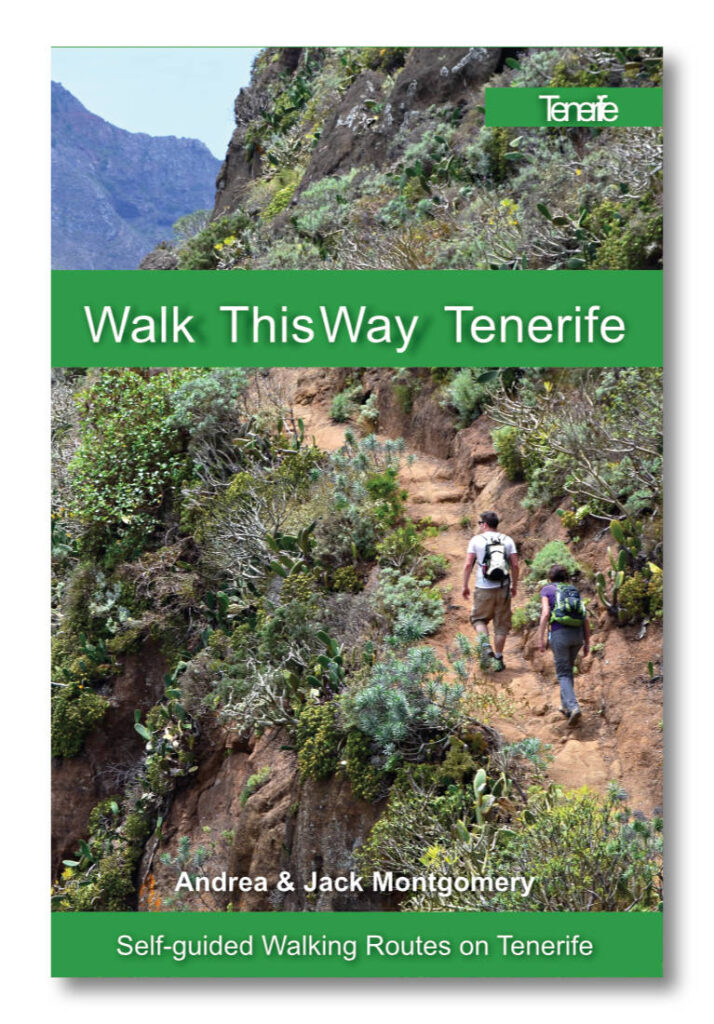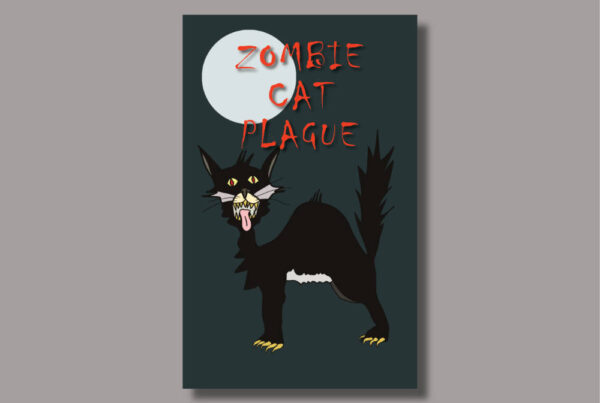A writing website I subscribe to publishes articles about the craft of writing. One which caught my eye recently involved something called Imposter Syndrome – ‘the persistent inability to believe that one’s success is deserved or has been legitimately achieved as a result of one’s own efforts or skills.’
The article used an example of a person being at a dinner party, surrounded by talented, witty, intelligent, artistic guests and feeling like a fraud, like they didn’t belong there and that somebody would soon rumble them and point that out.
That happened to me in London many years ago. A friend, who was deputy editor on Channel 4 News at the time, took us to a small gathering that included the food editor of the Independent and a filmmaker who’d recently made a movie about Bob Marley – a film whose glowing review I’d just read in Empire film mag. When someone asked what I did, I replied I worked for the Civil Service, feeling like a sparrow intruding in a flamboyance of flamingos.
Nobody treated me as if I didn’t belong, except for myself, in my own head.
Writers are particularly prone to Imposter Syndrome.
The first time I received payment for something I wrote was in 2004. It was a shocking piece of writing published in Chat magazine. But it was real. It made me a professional writer. Since that article, I haven’t stopped writing, for publications online and in print, and yet there’s a niggle, a little voice that asks now and again, ‘can you really call yourself a writer?’
That’s partly to do with the insecurity which comes as standard with writing. The feeling that you are never quite good enough. Any praise that comes my way boosts confidence for a couple of days, and then it crumbles to dust. The person who wrote the article about Imposter Syndrome mentioned how theirs was triggered. One was when they saw award nominations and their name wasn’t included. I get that. I feel it every time I see award nominations in travel writing, and then I remind myself, unlike the nominees, neither Andy nor I actually enter any of these ‘competitions.’ The one occasion Andy did, she won an award from the British Guild of Travel Writers for our Buzztrips website.
There are a couple of reasons I’m feeling Imposter Syndrome now. One is, for the last year, we’ve been working on a contract where our words remain largely anonymous. There’s no satisfaction of seeing my name in print, of reading people’s reaction to what I’ve written. Writing without feedback erodes confidence.
The other is that I’ve ventured into the world of fiction and novel writing. It started with a memoir about our life in Portugal and has progressed into to full-blown fiction. Although I have eighteen years’ experience writing about travel, I don’t have any pedigree in fiction.
As I type, Andy is proofreading the second novel I’ve written. My mind is a turmoil of ‘she hates it’ ‘why am I wasting my time on this?’ ‘it’s utter garbage’ and, ‘I’m an imposter.’
At least it’s comforting to know Imposter Syndrome is common in the writing world. The way to deal with it, apparently, is to recognise you’re suffering from it. And then, the article advises, stop thinking about it. Just stop.
It does then go on to mention other things you can do. But it’s those two words which nail it.
When Imposter Syndrome wraps itself around me like a shawl, I simply have to shrug it off. Banish it from my thoughts. Just stop. And it works.
For a bit.












